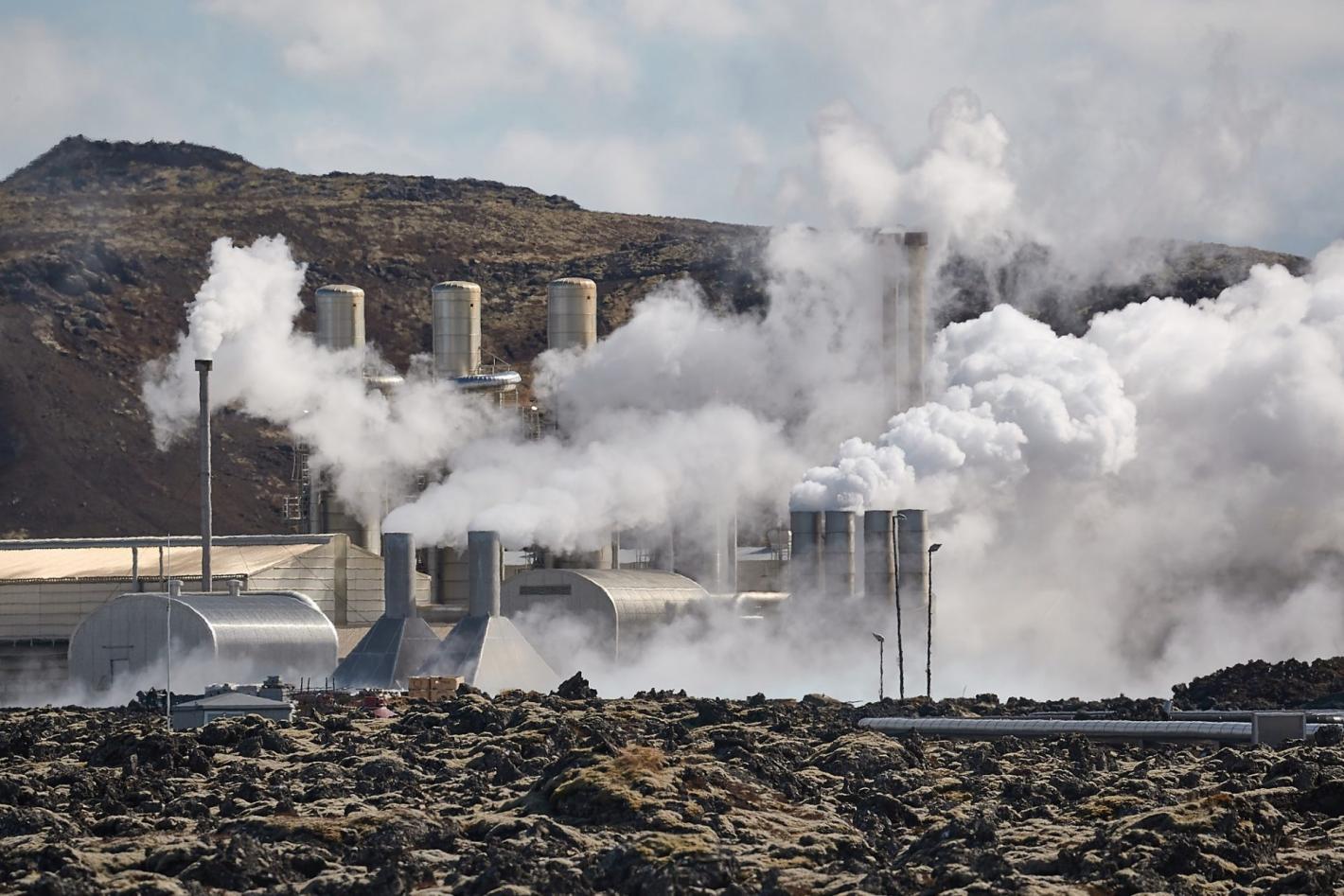What Are the Challenges of Geothermal Energy?
Geothermal energy, harnessing the heat from the Earth's core, offers immense potential as a renewable energy source. However, despite its promise, geothermal energy faces several challenges that hinder its widespread adoption.

Challenges Of Geothermal Energy
High Upfront Costs
- Exploration and drilling expenses: Identifying and accessing geothermal reservoirs requires extensive exploration and drilling, which can be costly.
- Equipment and infrastructure investments: Geothermal power plants require specialized equipment and infrastructure, including drilling rigs, heat exchangers, and turbines, which can be expensive to purchase and install.
- Long payback periods: The high upfront costs of geothermal projects often result in long payback periods, making it difficult for investors to justify the investment.
Resource Limitations
- Uneven distribution of geothermal resources: Geothermal resources are not evenly distributed across the globe, with some regions having higher potential than others. This uneven distribution can limit the availability of geothermal energy in certain areas.
- Limited accessibility in certain regions: Accessing geothermal resources in remote or environmentally sensitive areas can be challenging, requiring specialized techniques and posing environmental concerns.
- Environmental concerns related to resource extraction: Extracting geothermal resources can have environmental impacts, including the release of greenhouse gases and the potential for induced seismicity.
Technological Constraints
- Challenges in drilling deep boreholes: Drilling deep boreholes to access geothermal reservoirs can be technically challenging and expensive, especially in areas with complex geological formations.
- Corrosion and scaling issues in geothermal systems: Geothermal fluids often contain corrosive elements and minerals that can cause corrosion and scaling in geothermal systems, leading to maintenance issues and reduced efficiency.
- Efficiency limitations in converting heat to electricity: The efficiency of converting geothermal heat to electricity is typically lower than other renewable energy sources, such as solar and wind, due to the lower temperatures involved.
Environmental Impact
- Potential for induced seismicity: The extraction of geothermal resources can trigger induced seismicity, or human-made earthquakes. While the risk is generally low, it can be a concern in certain areas.
- Greenhouse gas emissions during drilling and operation: Drilling and operating geothermal power plants can release greenhouse gases, including carbon dioxide and methane, which contribute to climate change.
- Water consumption and wastewater disposal: Geothermal power plants require water for cooling and other processes, which can be a concern in water-scarce regions. Additionally, the disposal of wastewater from geothermal operations needs to be managed carefully to avoid environmental contamination.
Public Perception And Policy Barriers
- Lack of awareness and understanding of geothermal energy: Many people are not aware of geothermal energy and its benefits, which can hinder its acceptance and support.
- Regulatory hurdles and permitting delays: The development of geothermal projects can be subject to complex regulatory processes and permitting delays, which can add time and cost to projects.
- Resistance from communities due to perceived risks: Some communities may resist geothermal development due to perceived risks, such as induced seismicity or environmental impacts, which can delay or prevent projects from moving forward.
Strategies To Address The Challenges
Government Support And Incentives
- Financial assistance for exploration and development: Governments can provide financial assistance, such as grants and loans, to support geothermal exploration and development projects, reducing the financial burden on investors.
- Tax credits and subsidies for geothermal projects: Tax credits and subsidies can make geothermal projects more economically attractive, encouraging investment and development.
- Streamlined permitting processes: Governments can streamline permitting processes for geothermal projects, reducing delays and making it easier for developers to move projects forward.
Technological Advancements
- Research and development for more efficient drilling techniques: Ongoing research and development can lead to more efficient and cost-effective drilling techniques, reducing the costs associated with geothermal exploration and development.
- Innovations in heat extraction and conversion technologies: Innovations in heat extraction and conversion technologies can improve the efficiency of geothermal power plants, making them more competitive with other renewable energy sources.
- Development of environmentally friendly geothermal systems: Research and development can also focus on developing geothermal systems that minimize environmental impacts, such as reducing greenhouse gas emissions and water consumption.
Public Outreach And Education
- Raising awareness about the benefits of geothermal energy: Public outreach and education campaigns can raise awareness about the benefits of geothermal energy, addressing misconceptions and concerns.
- Addressing misconceptions and concerns through transparent communication: Transparent communication about the potential risks and benefits of geothermal energy can help address misconceptions and concerns, building public trust and support.
- Engaging communities in decision-making processes: Engaging communities in decision-making processes related to geothermal development can help address their concerns and ensure that projects are developed in a responsible and sustainable manner.
Geothermal energy has the potential to be a significant contributor to the world's energy needs, but it faces several challenges that hinder its widespread adoption. Addressing these challenges through collaborative efforts, including government support, technological advancements, and public outreach, is essential for unlocking the full potential of geothermal energy as a sustainable energy source.
With continued research, development, and policy support, geothermal energy can play a vital role in reducing our reliance on fossil fuels and transitioning to a clean energy future.
YesNo

Leave a Reply